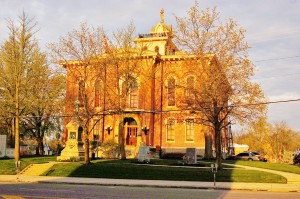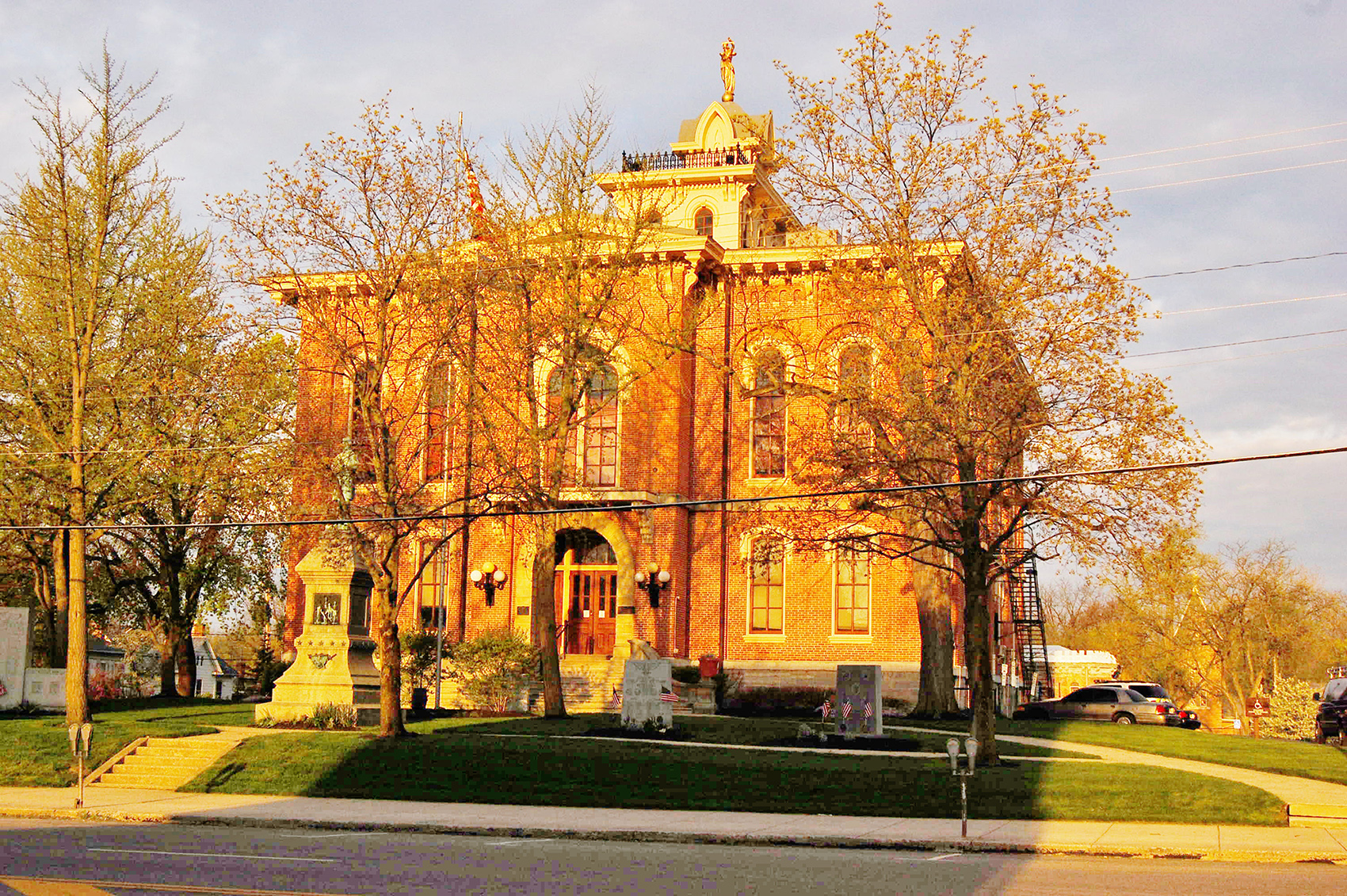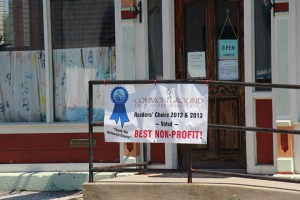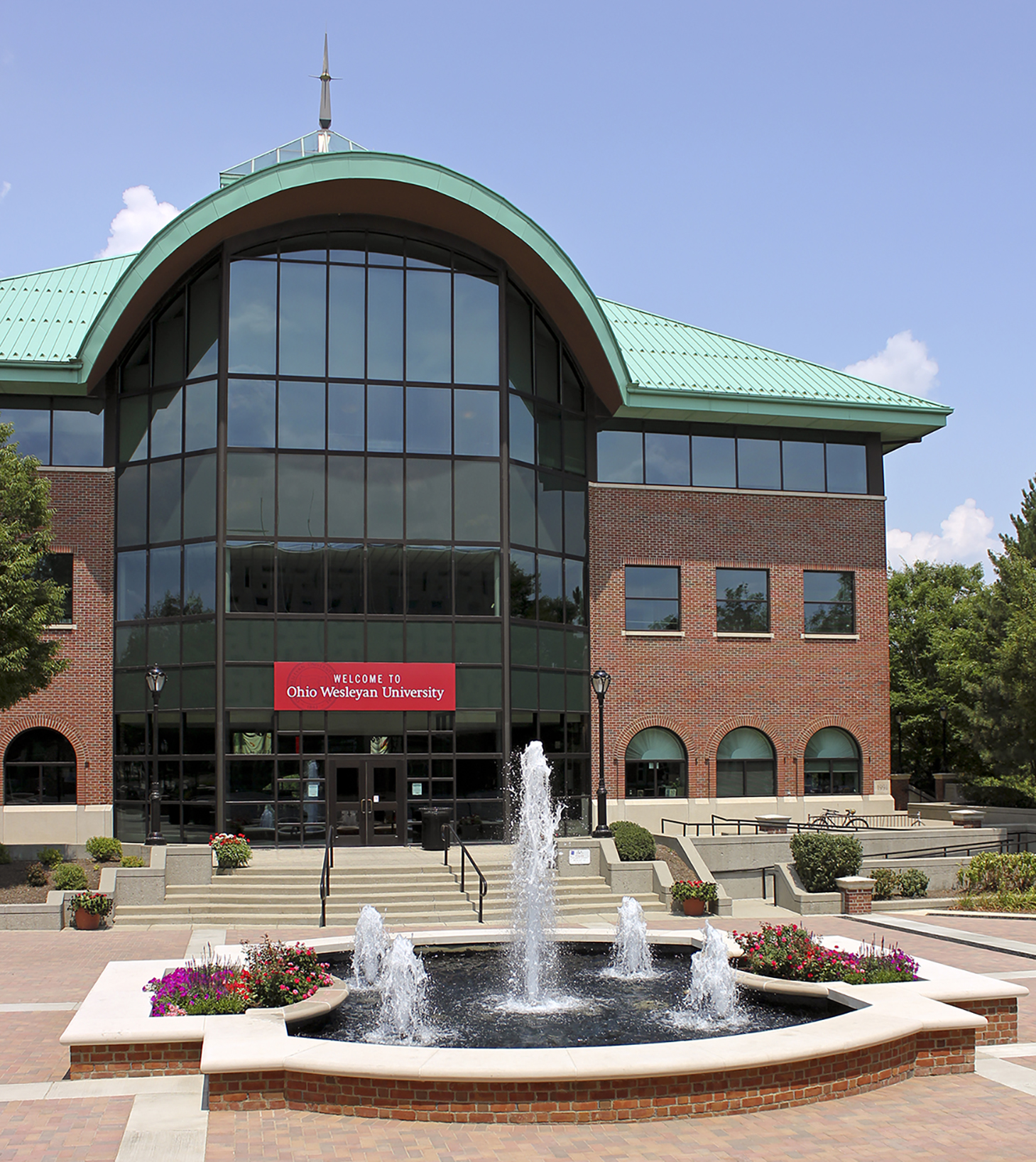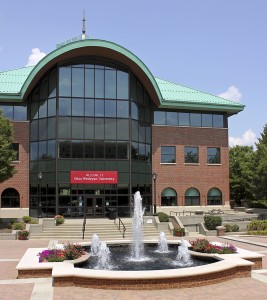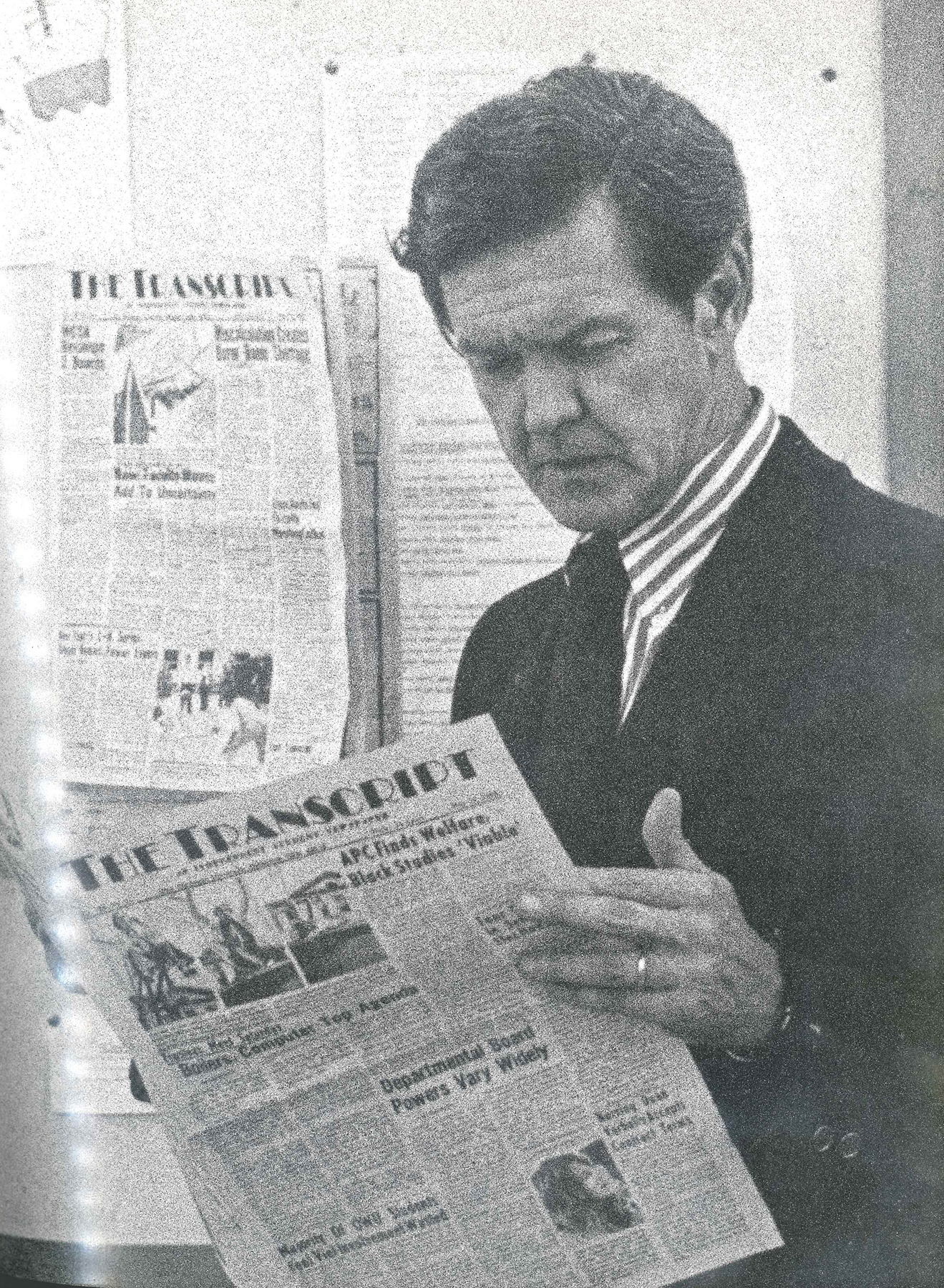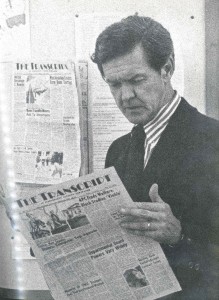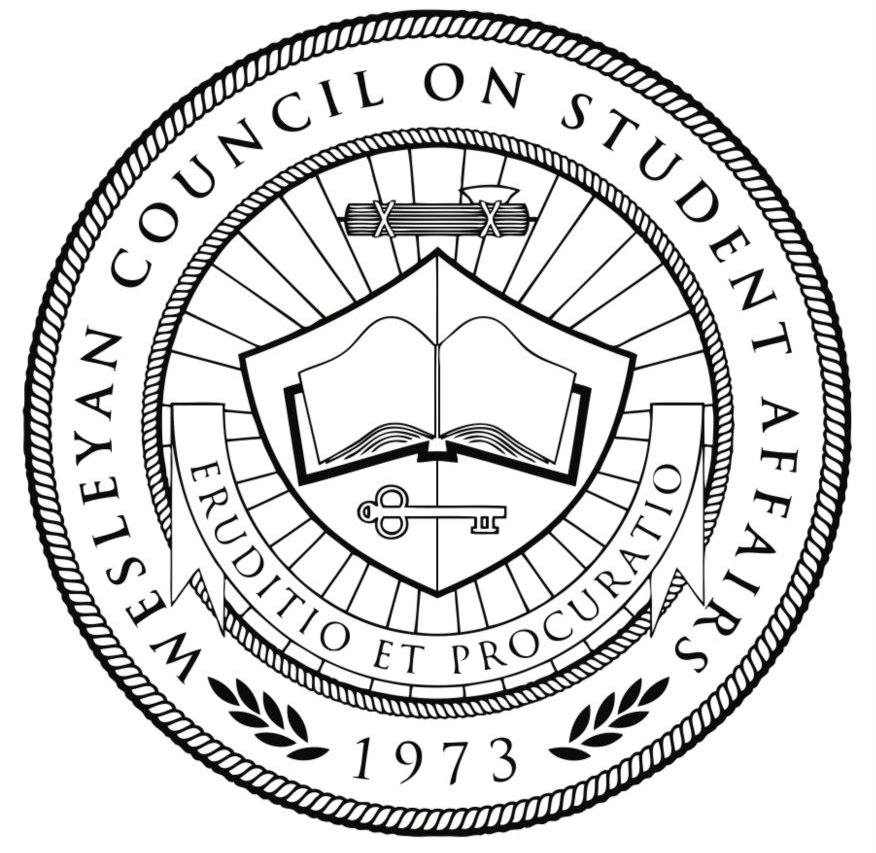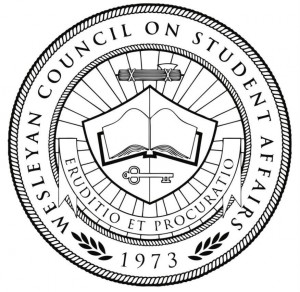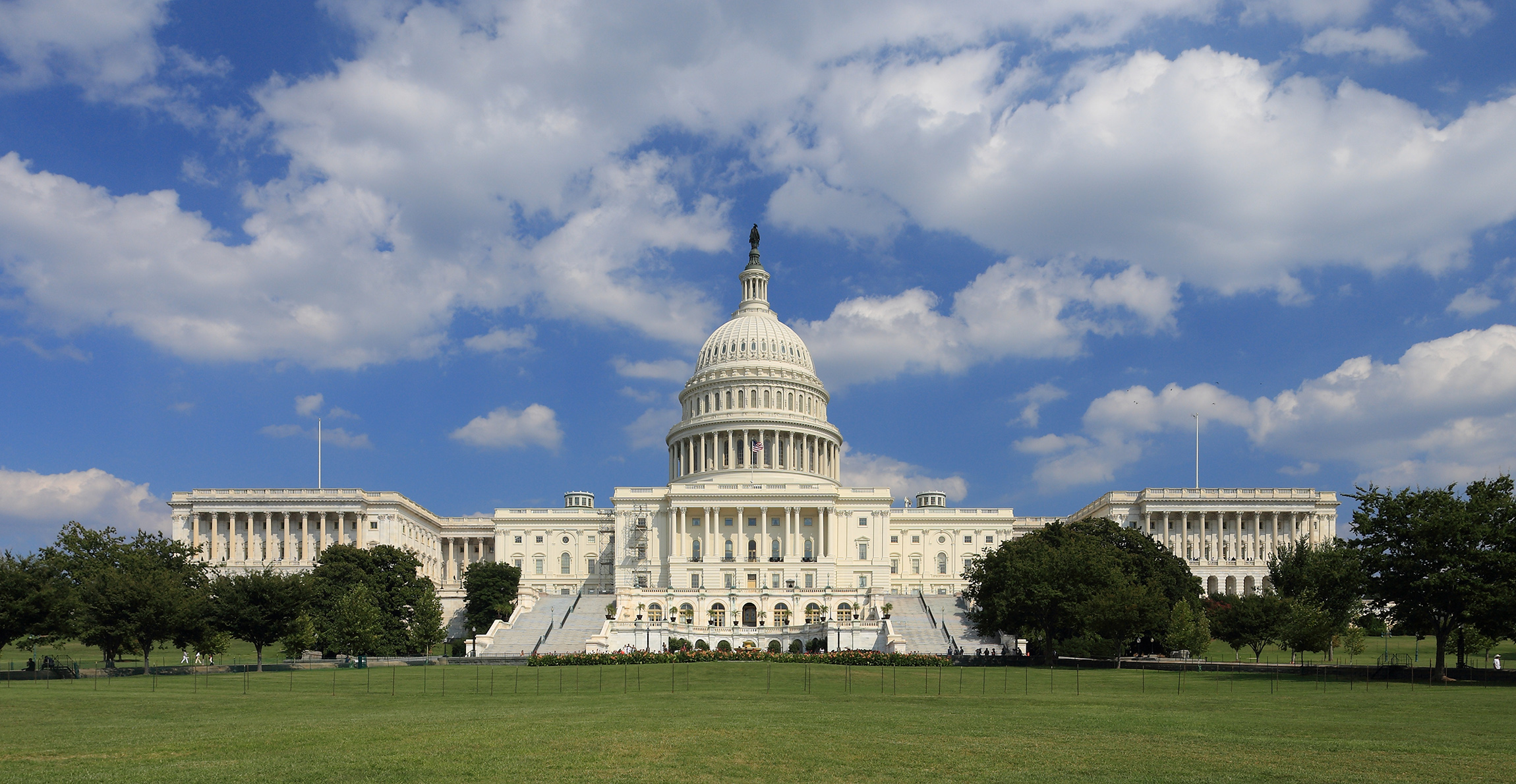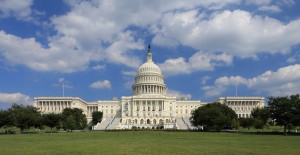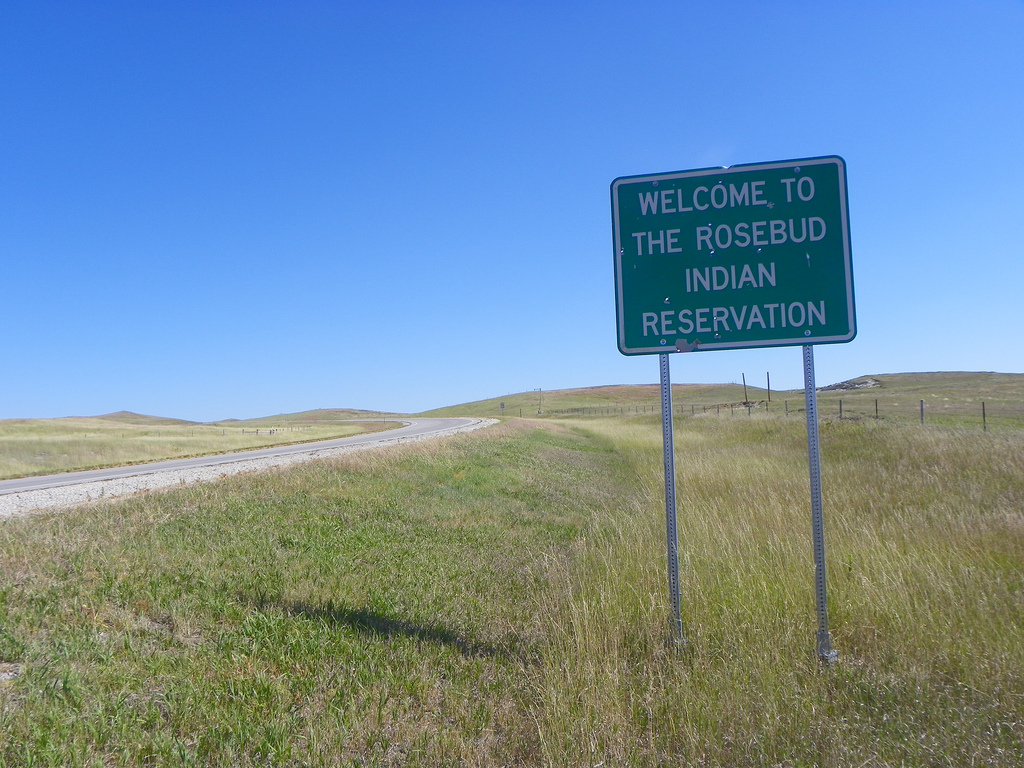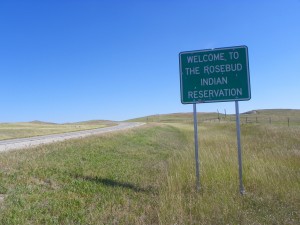
By Ashley Biser
Last week, professor Erin Flynn shared in The Transcript “Notes on the concept of (white, male) privilege.” In his piece, he argued the concept of privilege is problematic, not because it does not exist, but because it is “a potentially poor basis of political response to those painful and all too familiar patterns of injustice.”
I applaud Flynn for airing these concerns and discussing the concept of privilege in The Transcript. But he is wrong — both about what privilege is and the political work it accomplishes. First, the basic definition: privilege is not primarily about what an individual deserves; it is the idea that by virtue of one’s membership in a particular social group (men, white people, straight people, able-bodied people), we accrue as a group systematic advantages that are unavailable to those who are different. In this sense, privilege is not a theoretical concept, but a fact. For example, by virtue of the fact that I am able-bodied, I can navigate the world more easily than those who are not. I can watch Netflix without wondering which movies will be captioned or whether there will be people like me represented in them; I can get to my classrooms without worrying whether there is an elevator in the building; I can visit a new city and expect to be able to use public transportation easily. Because I was born able-bodied, I do not have to think about these advantages, but they are still operating in my favor. While each instance might seem insignificant, over time, these advantages add up—making my life easier insofar as I am not constrained by physical disabilities. This does not mean that I will never encounter obstacles, some of which will be based on other aspects of my social identity, such as my gender. Nor does the concept of privilege imply that my life will be free from pain and sorrow. But the pains and sorrows I experience will be based on my own particular life circumstances, not on the basis of being disabled. The concept of privilege just asks me to acknowledge that I live in a system that is designed for able-bodied people and makes life harder for those who are not part of that group. Hopefully, once I acknowledge that fact, I will be better equipped to fight for a system in which all people can flourish — regardless of physical ability.
According to Flynn, the problem with describing these advantages in terms of privilege is that implies that all experiences of white (or male, or heterosexual, or able-bodied) privilege are the same. But surely, we can see that not all able-bodied people have similar experiences of the world. An able-bodied woman will experience privilege differently than an able-bodied man. Just as a black woman born to a wealthy family will experience the world differently than a poor white man — just as will any two white, straight, able-bodied, cisgender men. As Hannah Arendt reminds us, “we are all the same, that is, human, in such a way that nobody is ever the same as anyone else who ever lived, lives or will live.”
Flynn worries that the concept of privilege covers over these individual differences and obscures the fact that sometimes “class transcends race” (and vice versa). But the point of recognizing privilege isn’t to set different experiences of discrimination up against another and vie for who is most oppressed; the point is to recognize the intersections between various forms of oppression and never fool ourselves into thinking that we are immune from prejudice. Just because I do not believe I am prejudiced against those who are disabled does not mean that I do not benefit from the systematic ways in which able-bodiedness is privileged in our society. We have to resist the age-old tendency to set oppressed people against each other and instead recognize that many forms of injustice share similar roots. The question isn’t who has it worse, but how can we make it better.
Moreover, in his desire to recognize the “richness, variety and complexity of social life,” Flynn misses the fact that it is precisely this experience of being recognized as a unique individual that is denied to those who are not white, male, heterosexual, upper-class, able-bodied, etc. In fact, it is a privilege to be treated as an individual, with a specific life story, deserving of recognition. It is precisely this experience, of being judged on one’s own merits — and not assumed to fit into a mold fashioned by prejudice — that those of us interested in justice, like Flynn and myself, desire for everyone.
In his post, Flynn also wonders what happens when we see basic human rights — such as the right to be free from physical coercion or harm — as privileges instead of as rights. I understand his concern; the language of rights is powerful. To speak of violated rights implies that everyone deserves physical security, not because some magnanimous entity has decreed so, but simply by virtue of our existence. However, for those to whom they are denied, rights do not exist. So long as African-American men are more likely to be shot by the police, women’s bodies can be subjected to medical procedures without their consent and transgender persons are disproportionately victims of violence, the so-called “right” to be free from physical coercion or harm is a dangerous myth. In a different context, marriage is not a “right” so long as only heterosexual couples can participate in its benefits. The concept of privilege draws our attention to the disjuncture between right and privilege — emphasizing that what might appear to be a right is not universally experienced as such. So long as “rights” can be categorically denied to entire sectors of our society, we cannot call them rights; they are simply privileges accorded to the few in the service of protecting those in power.
The concept of privilege also forces us to recognize that rights aren’t the culmination of struggles for justice. Don’t get me wrong. Legal rights are a crucial component of a just society. But the concept of privilege draws our attention to other myriad, sometimes seemingly trivial, ways that racism, classism, ableism, chauvinism, homophobia, etc. seep into our lives — even once legal rights have been secured. Take, for example, my experience of able-bodied privilege: is it a “right” to watch Netflix? Is it anyone’s “right” to see people like themselves represented on screen? No. But these privileges are nonetheless significant. My ability to easily access information affects how I can participate in the world, and the presence of people who look like me on television sets the parameters for what is considered “normal” and socially acceptable.
According to Flynn, the concept of privilege focuses on attacking what some (privileged) people have, rather than fighting for the rights others lack. In this sense, he worries that the concept of privilege might become tinged with what Nietzsche terms ressentiment—a “potentially toxic mix of resentment and envy” that embodies the desire to somehow strike back at those more powerful than ourselves. Flynn worries that calling people out on their privilege “becomes just a way of lashing out and ridiculing, of feeling a sense of superiority which one does not experience as socially real, by demeaning or lowering the status of another.” To some extent, I can see his worry. If the concept of privilege were simply a means of belittling the successes of powerful individuals, it would, indeed, be a vengeful concept. But, again, privilege is not about individual accomplishments and deserts. It is a concept designed to help draw attention to the systematic ways in which life is easier and more just for some and not others. All of us lead very different lives within the context of societal structures, filled with our own personal challenges and accomplishments. Nietzsche develops the concept of ressentiment to think about how those who are weak and undeserving react toward those who are stronger and bolder. What the concept of privilege teaches us, however, is that no matter how strong and bold and deserving someone is, some people have more obstacles to overcome than others.
Considering that Nietzsche excelled at questioning our most deeply-held assumptions — about God, morality, freedom, etc. — it seems to me fitting to think about the concept of privilege as doing similar political work: provoking us to rethink our basic assumptions about what is fair and just in our society. The purpose of recognizing my own privilege as an able-bodied, white, cisgender woman, is not to take away from my (or anyone else’s) accomplishments, but to help me better empathize with those whose experiences are fundamentally different than my own. At best, “checking” my privilege means that I make sure to listen more carefully to those who have historically been silenced and work more diligently to dismantle societal structures that contribute to white, male, cisgender, heterosexual, able-bodied, and class privilege. At the very least, I need to be aware of my own participation in perpetuating injustice. The language of privilege serves as a reminder to do so. I don’t deny that the concept can sometimes ruffle people’s feathers and engender unproductive conversations about guilt. But that is why it is powerful; unless we are uncomfortable, we will not act. For my part, the time to give up on the concept of privilege will be when privilege ceases to exist. The discomfort that all of us feel in recognizing our own privilege (be it racial, class, gender, etc.) is precisely the point.
Ashley Biser is an assistant professor of politics and government at Ohio Wesleyan. Her expertise is in contemporary political theory, and she teaches such courses as Democracy and Its Critics, Classical Issues in Political Theory, American Political Thought, and Political Theory, Science and Technology, as well as the introductory politics and government course.
